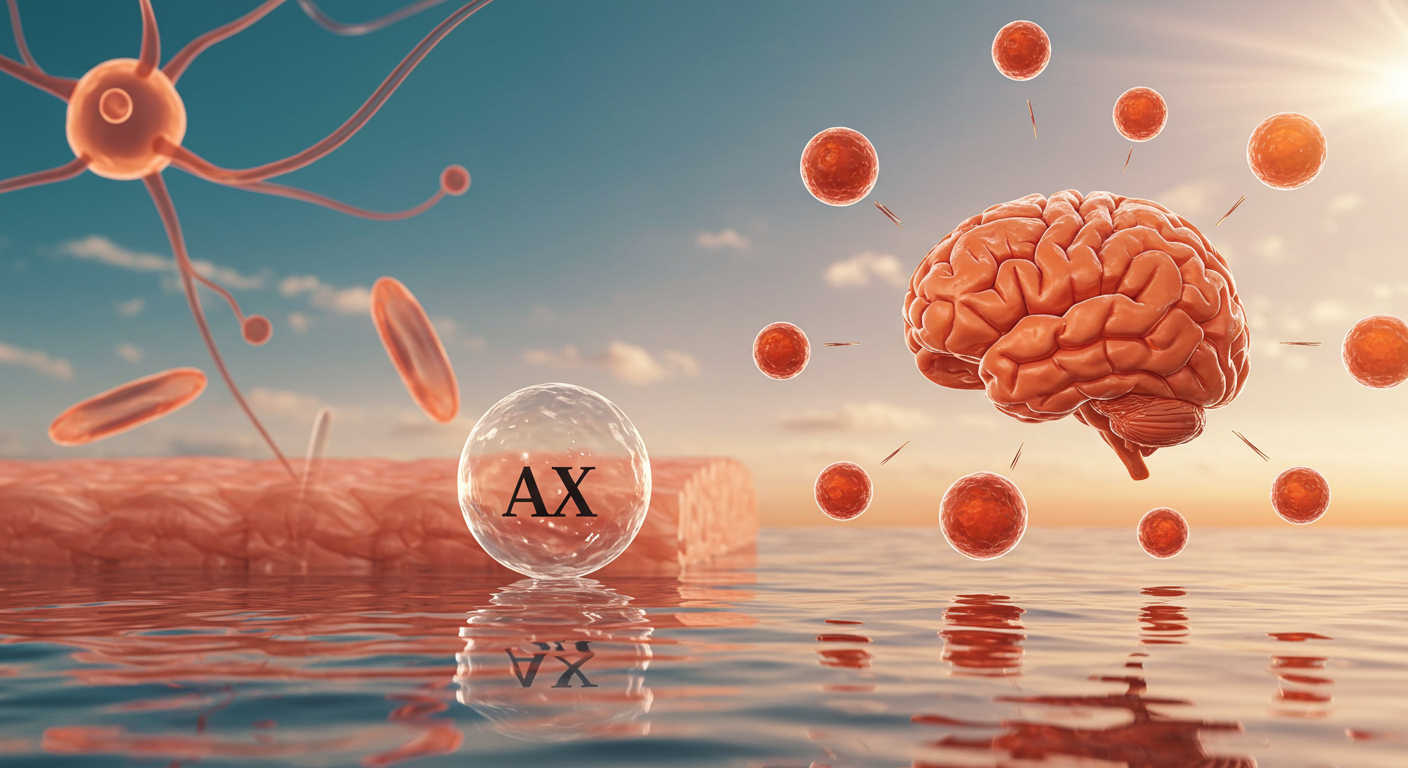Adult neurogenesis , the process by which new neurons are generated in the adult brain, is critical for maintaining brain plasticity, learning, and memory. Although its existence was debated for years, it is now known to occur in specific brain regions known as neurogenic niches . These areas provide a specialized microenvironment that fosters the proliferation, differentiation, and integration of new neurons into existing neural circuits.
Neurogenic Niches in the Adult Brain
Two primary neurogenic niches in the adult mammalian brain have been extensively studied:
-
Subventricular Zone (SVZ):
Located in the lateral ventricles, the SVZ houses neural stem cells (NSCs) that generate neurons that migrate toward the olfactory bulb. These new neurons play an important role in olfactory function. -
Subgranular Zone (SGZ):
Located in the dentate gyrus of the hippocampus, the SGZ is another active site of neurogenesis. Neurons generated in this region are involved in learning, memory, and mood regulation.
The Process of Adult Neurogenesis
Adult neurogenesis is a complex process that includes several stages of cellular development:
-
Asymmetric division of NSCs:
Generates progenitor cells. -
Differentiation into neuroblasts:
Progenitor cells become neuroblasts. -
Migration and integration:
Neuroblasts migrate to their target regions and integrate into existing neuronal circuits, contributing to brain plasticity and function.
Decline of Neurogenesis with Age
Adult neurogenesis declines with age, contributing to age-related cognitive decline and increasing the risk of neurodegenerative diseases. This decline is associated with:
- Reduction in the proliferation and differentiation of NSCs.
- Decreased levels of growth factors.
- Cumulative DNA damage.
- Poor vascularization.
- Chronic inflammation.
- Elevated oxidative stress.
Astaxanthin and its Role in Adult Neurogenesis
Dietary interventions, especially those involving antioxidants like astaxanthin, have shown promise in mitigating age-related neurogenic decline. Astaxanthin , thanks to its antioxidant and anti-inflammatory properties, can cross the blood-brain barrier and directly impact brain cells.
Benefits of Astaxanthin in Adult Neurogenesis
-
Stimulation of proliferation and differentiation:
Improves the development of neural progenitor cells. -
Reduction of oxidative stress:
Neutralizes reactive oxygen species (ROS) and enhances the activity of endogenous antioxidant enzymes. -
Modulation of neuroinflammation:
Suppresses microglia activation and blocks the NF-κB pathway, reducing brain inflammation.
Astaxanthin is emerging as a promising dietary intervention to promote brain health and mitigate age-related cognitive decline. Although further research is needed to fully understand its mechanisms and clinical applications, current evidence highlights its potential to stimulate neurogenesis and protect the brain against aging.
At Sevens , we explore the benefits of astaxanthin and other natural antioxidants to offer you innovative solutions that promote your brain wellness. Discover how this powerful nutrient can help you maintain an active and healthy brain throughout your life.




